The founder of Latter Rain Assembly, Lagos, Pastor Tunde Bakare, has called on the Buhari administration to overhaul the nation’s education system.
The move, he said, would create the right quality of graduates in the various institutions of learning.
Bakare disclosed this to the News Agency of Nigeria (NAN) in New York on the sidelines of the Bill and Melinda Gates Foundation’s Annual Goalkeepers meetings.
According to him, the current system has huge implications on the economic development and life outcomes of young people, adding that the rate of unemployment and crime was currently on the high side.
He said education should be a priority of every government in order to address such challenges and reverse the ugly trend.
“In the past, when you are coming out from the university, there are regular jobs, car loan and other facilities that will keep you in the country.
“Right now, because of lack of jobs, job creation has become a major issue. Our young people are now taking to crime and are benefiting from proceeds of crime and kidnapping.
“But with the right policy in place, we can inject new ideas that will create jobs for our people.
“I trust God that the right leadership will come. I call them a new breed without greed that will consider others and begin to create opportunities for us within our countries.
“About 50 per cent of our youth are not employed and 25 per cent of them are not employable. So, there is something fundamentally wrong with our education system that is producing semi-illiterates,” Bakare said.
The pastor, therefore, called on the government to review the education curriculum among other things.
He said that Nigeria would need graduates better educated and able to cope and compete in the world.
Bakare also called on the current administration to introduce additional programmes that would address rising poverty and inequality in Nigeria.
The 2018 Human Capital Index Report of the World Bank showed that an average child born in Nigeria will only be 34 per cent productive when he or she grows up after completing education and in good health.
According to the World Bank, children in Nigeria can expect to complete 8.2 years of pre-primary, primary and secondary school by age 18.
However, when years of schooling are adjusted for quality of learning, this is only equivalent to 4.2 years, showing a learning gap of four years.
Also, the Bill and Melinda Gates Foundation’s 2019 Inequality Report showed that the quality of education people receive differs depending on the state or local government area they live.
In Nigeria, the report showed that an average person in Ado-Ekiti, Ekiti State has more than 12 years in education whereas the average person in Garki, Jigawa State has only five years.



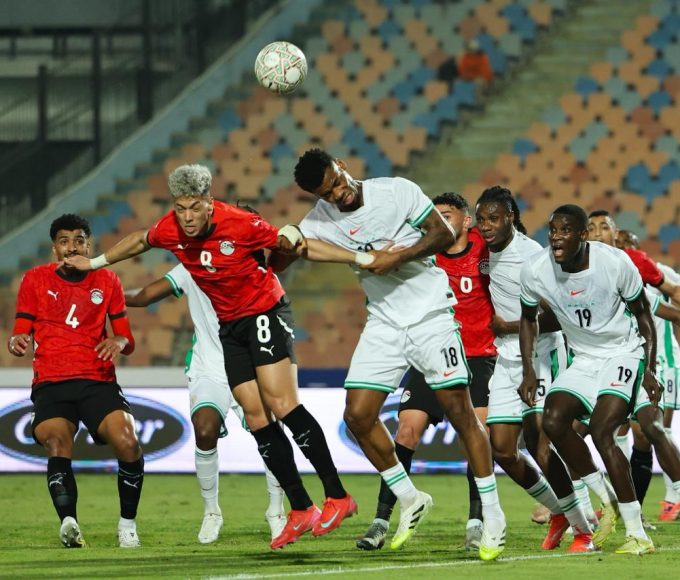





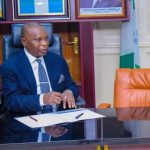





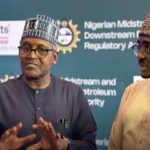






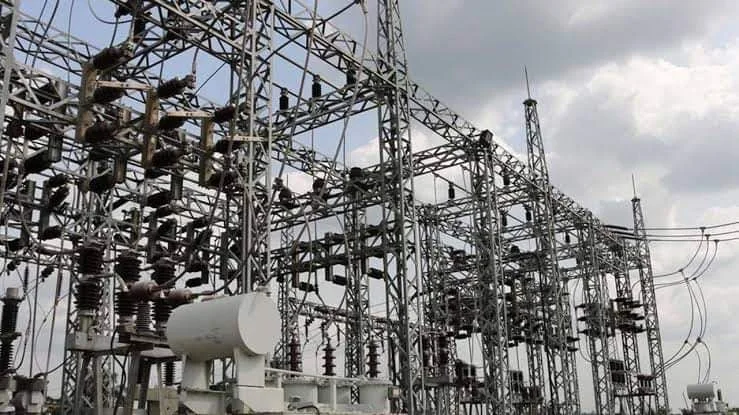

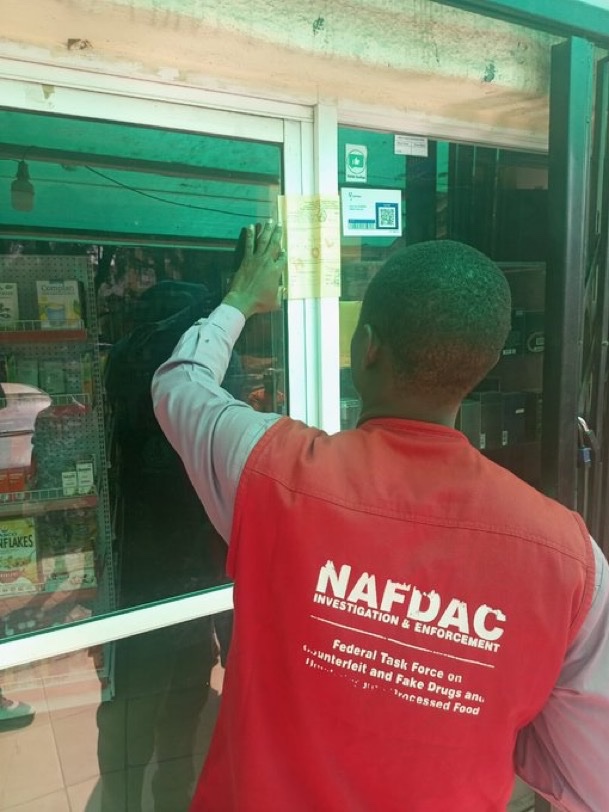
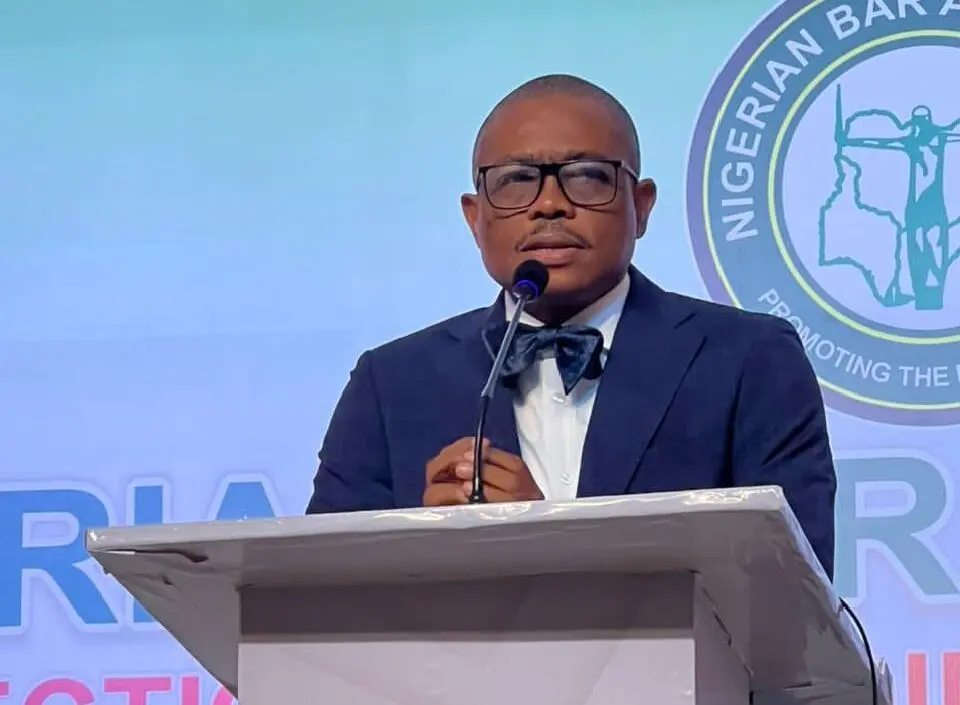
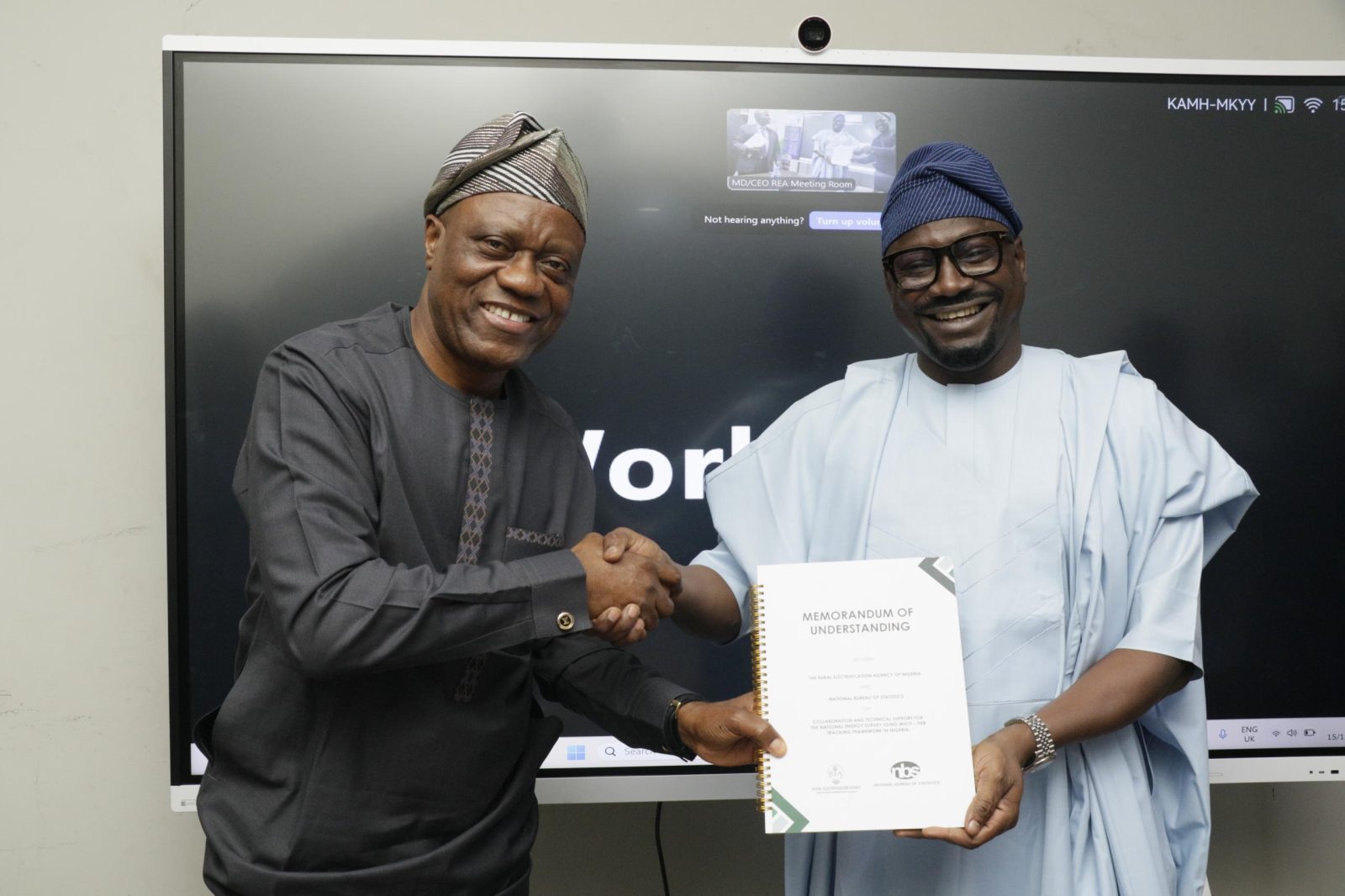
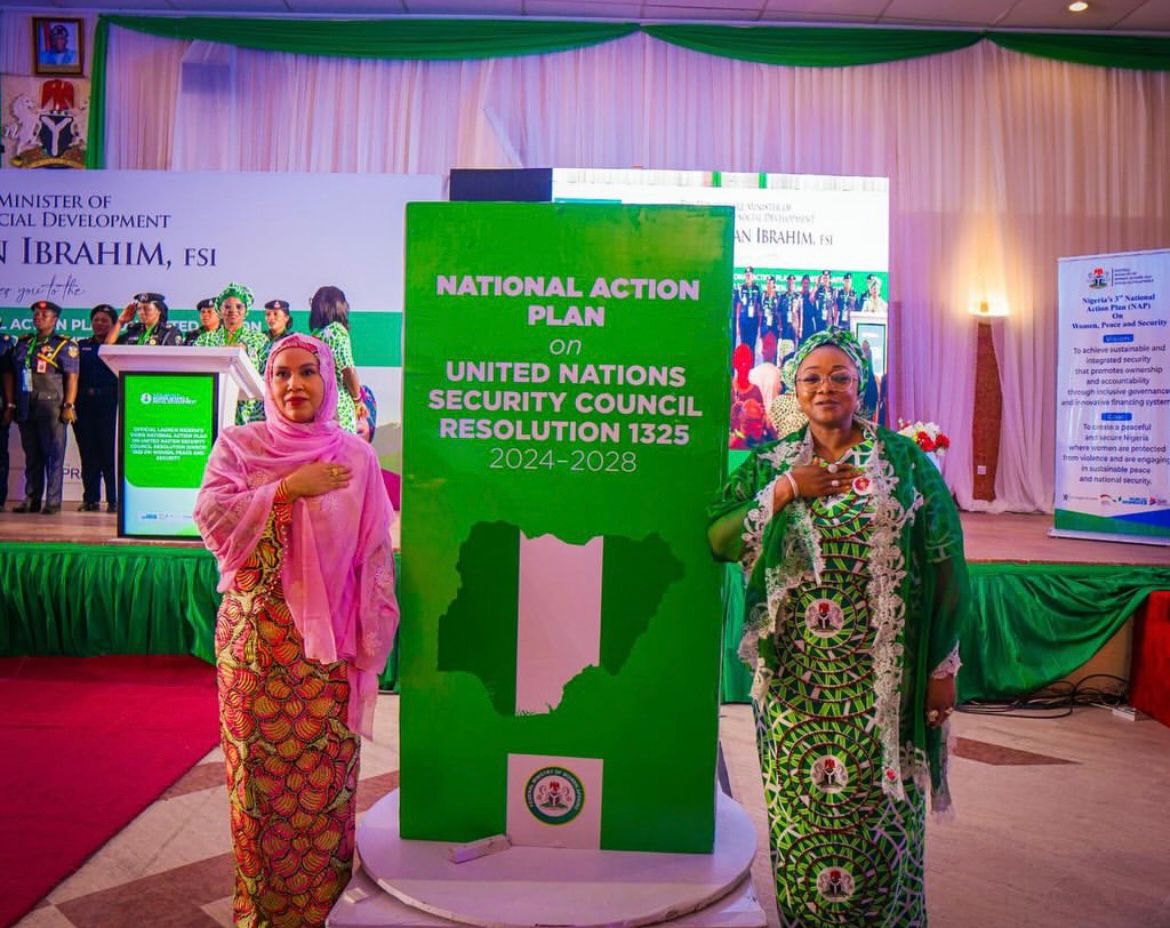
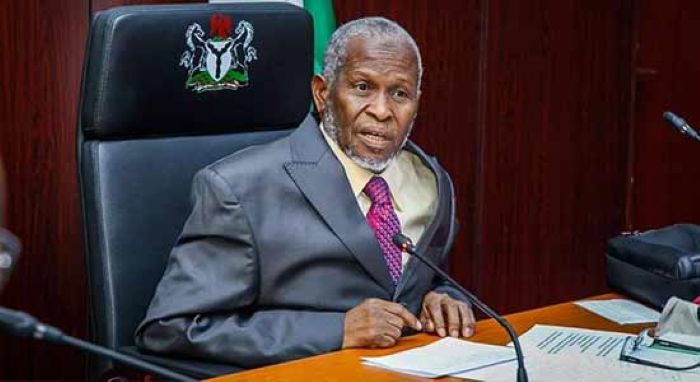
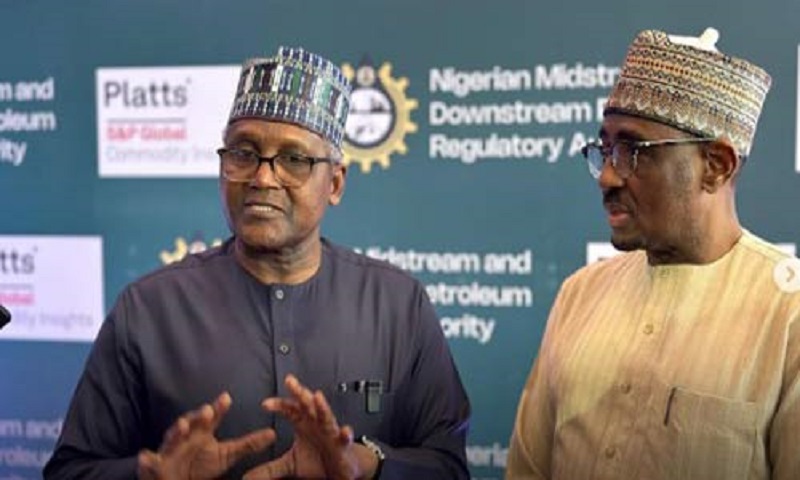
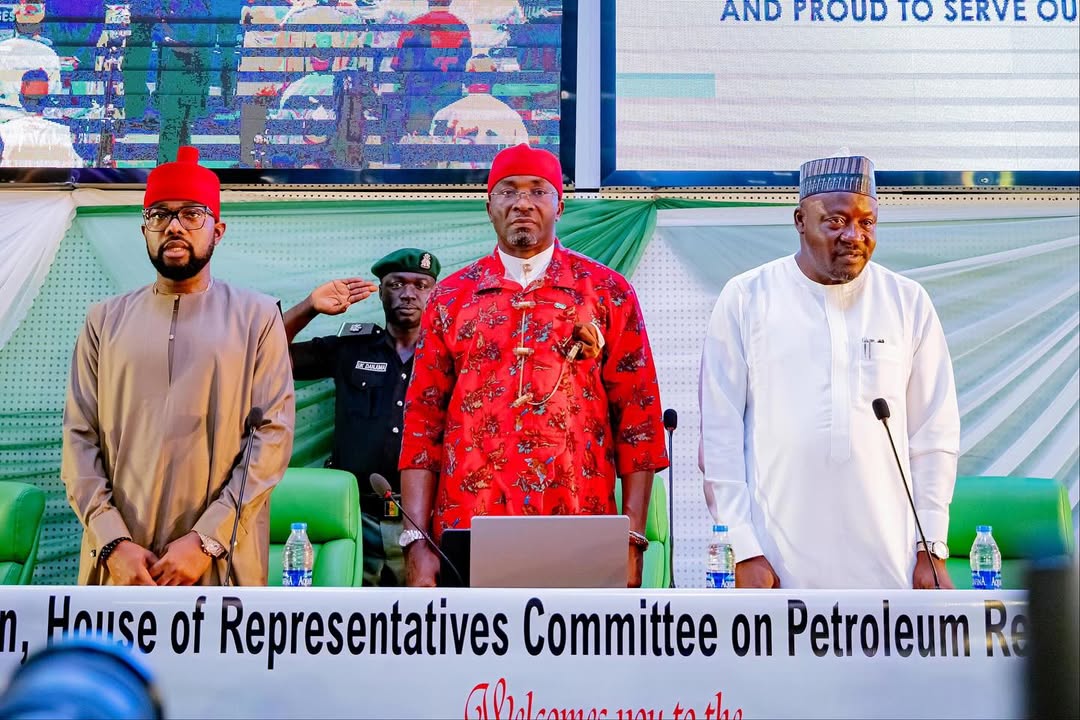
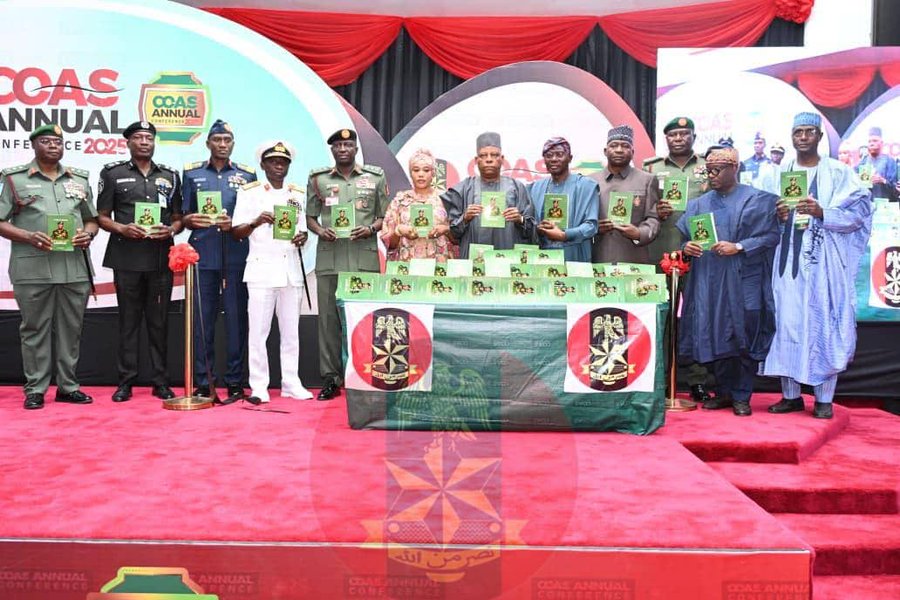

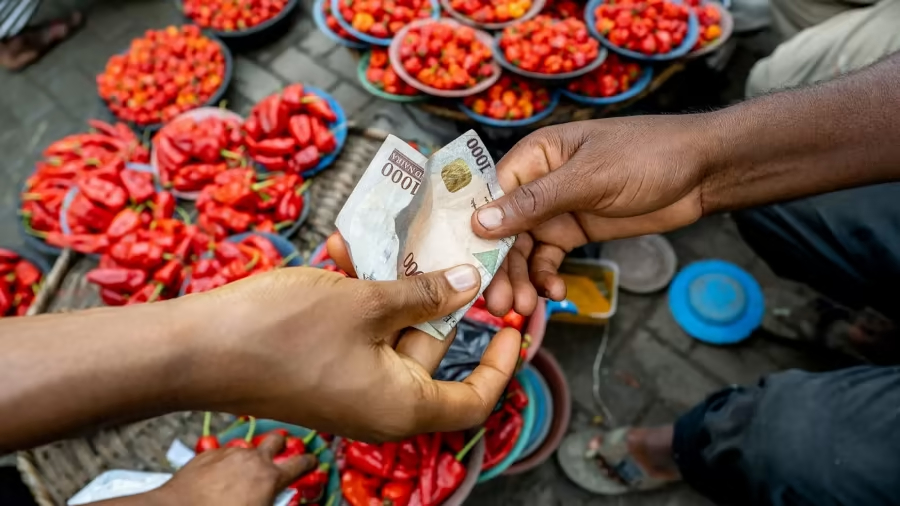
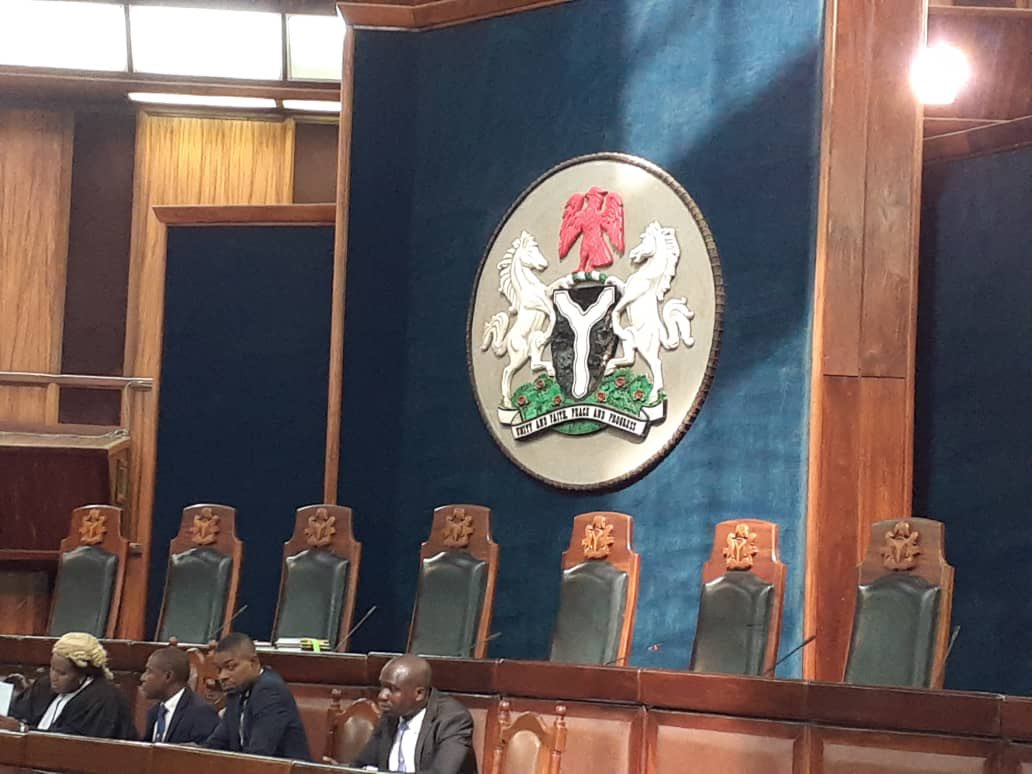

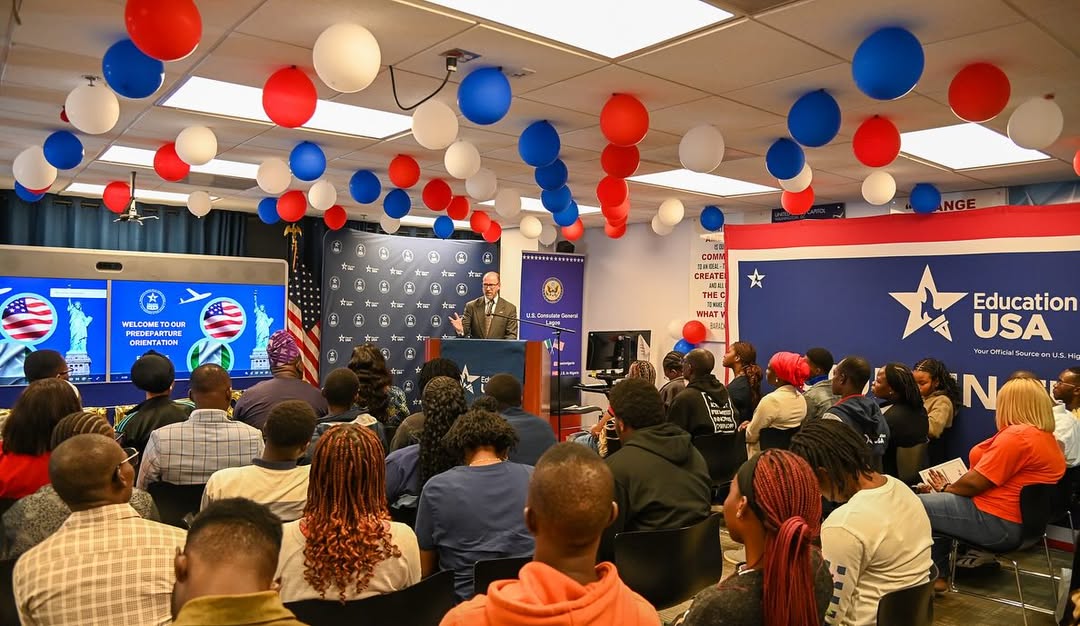
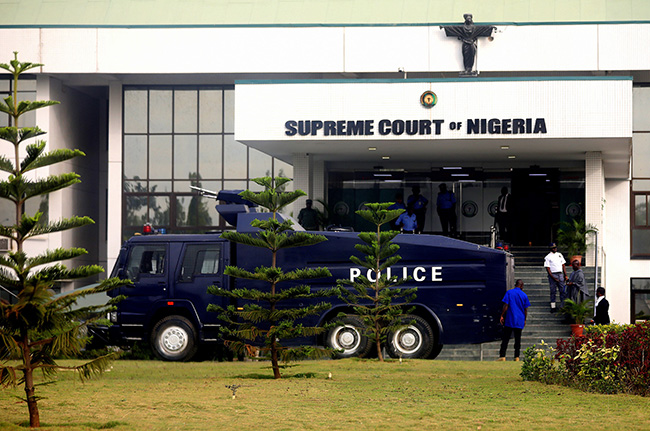

Leave a comment